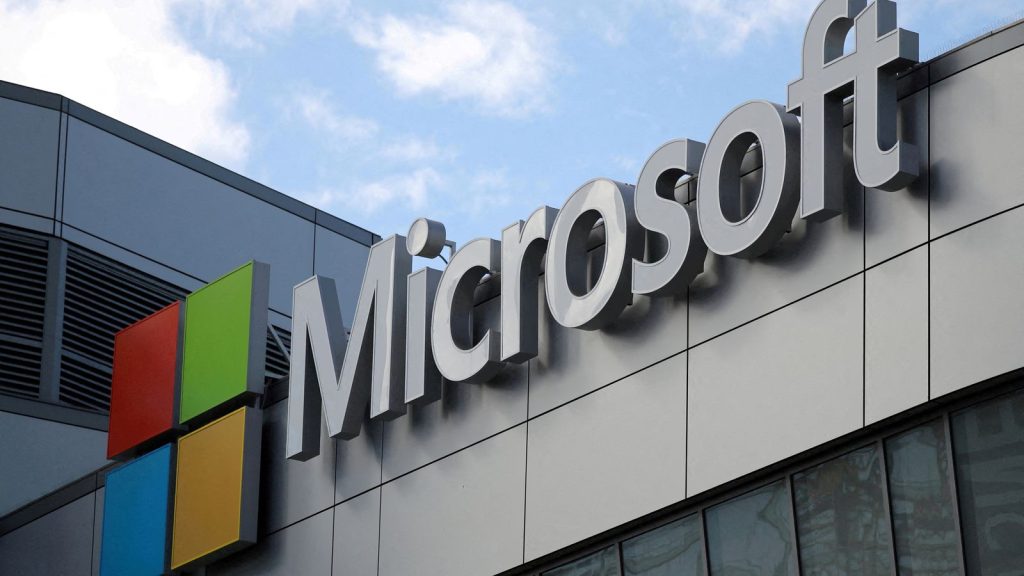Microsoft has reported a significant increase in quarterly profits, propelled by strong performances in its cloud computing and artificial intelligence divisions.
For the quarter ending June 30, the tech giant posted a profit of $27.2 billion on revenue of $76.4 billion. A substantial portion—$29.9 billion—came from its Intelligent Cloud segment. Chief executive Satya Nadella attributed the growth to businesses across sectors increasingly adopting AI and cloud-based solutions.
“Cloud and AI are at the heart of business transformation across all industries,” Nadella said in a statement. “We’re continuing to innovate across the entire tech stack to help our customers grow in this new era.”

Microsoft’s Azure platform contributed over $75 billion in revenue for the company’s full fiscal year, marking a 34 percent increase from the previous year, according to Nadella. Following the earnings announcement, Microsoft’s share price surged roughly 7 percent in after-hours trading.
Analyst Dan Ives from Wedbush Securities described the performance as “a slam-dunk quarter,” noting that Microsoft remains at the forefront of the AI boom. He added that the company is perfectly placed to benefit as businesses globally expand their AI integration.
Microsoft was one of the earliest major tech firms to embrace artificial intelligence following the debut of ChatGPT in 2022. Since then, it has heavily invested in the infrastructure needed to support AI development and deployment. Analysts have closely monitored these investments to gauge their long-term returns.
The company previously announced plans to invest around $80 billion this fiscal year in capital and infrastructure, with Nadella highlighting the importance of securing sufficient energy sources to support growing data centre needs.
However, Microsoft has also undertaken restructuring efforts, with job cuts implemented to streamline operations. In early July, the company reduced its global workforce by just under four percent, following a similar reduction of approximately 6,000 jobs in May. The cuts target middle management layers and aim to better align the organisation with evolving technological demands.
A spokesperson for Microsoft stated that the changes were necessary to ensure teams are equipped to succeed in a rapidly changing market. The company reaffirmed its commitment to embedding AI across its suite of products and empowering staff to focus on more impactful work.


 Trending
Trending 